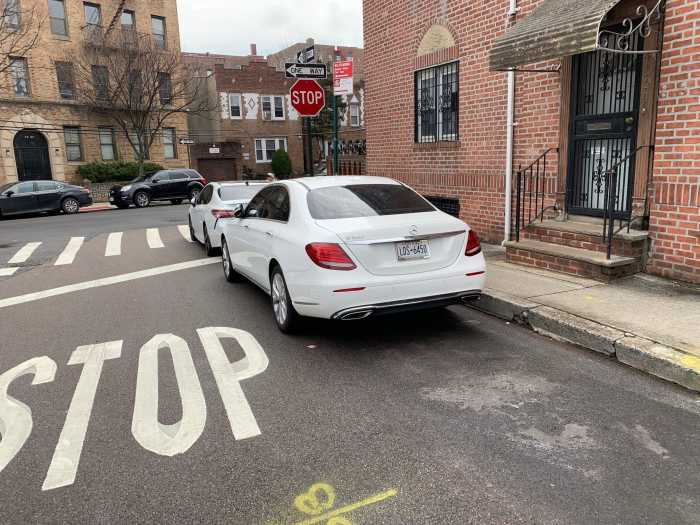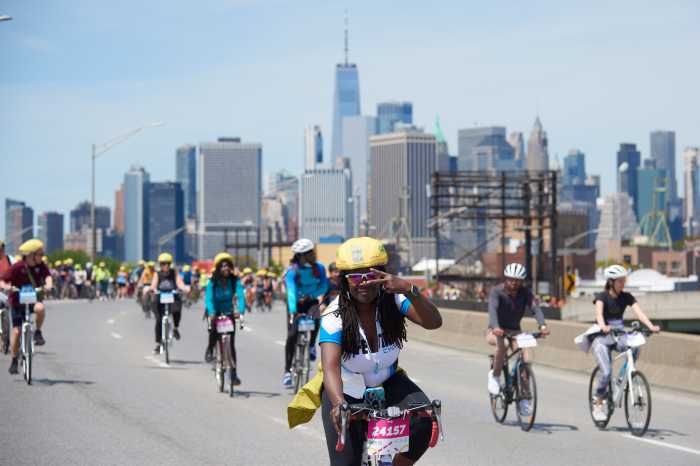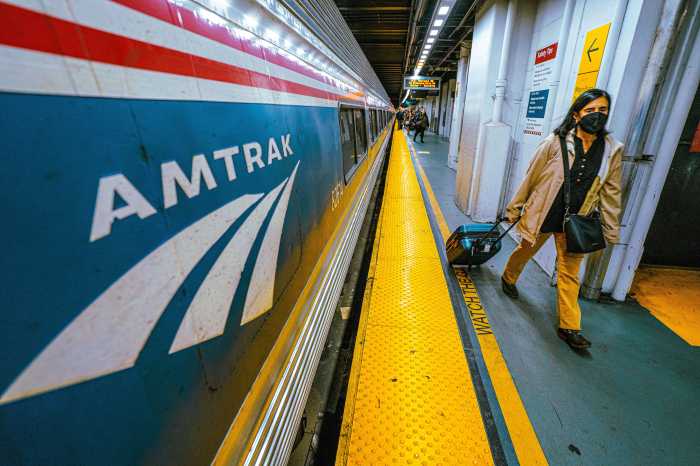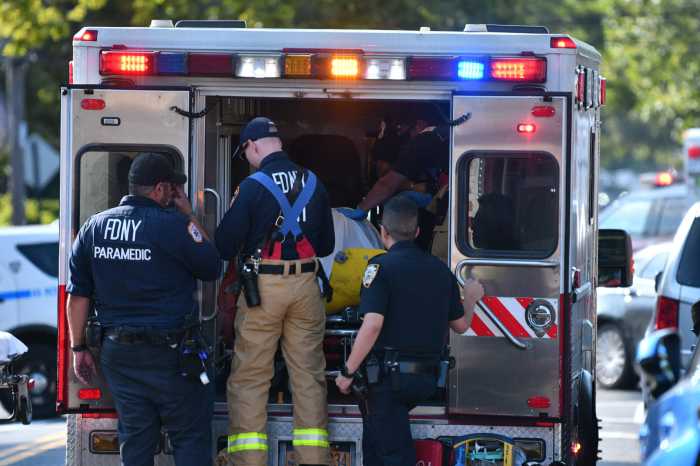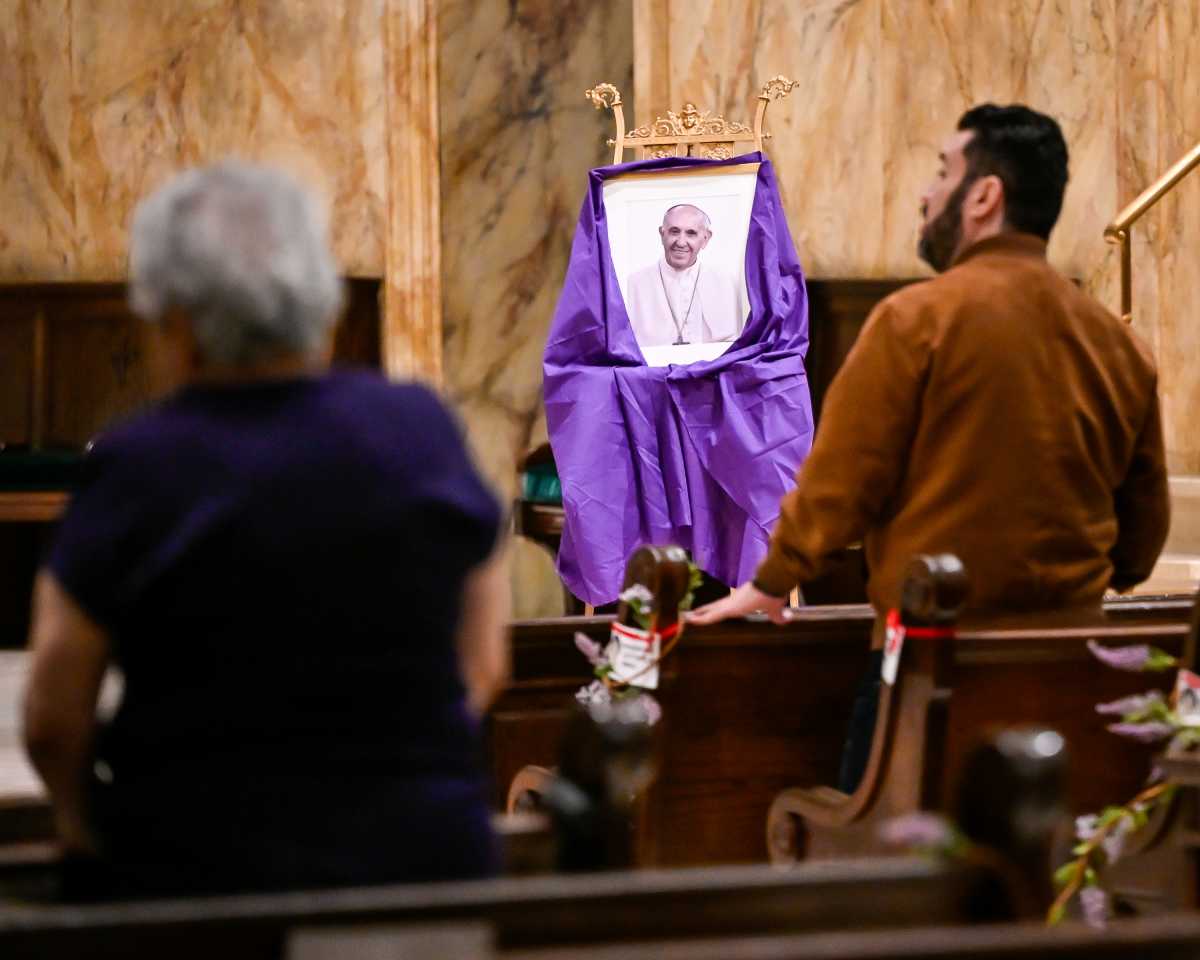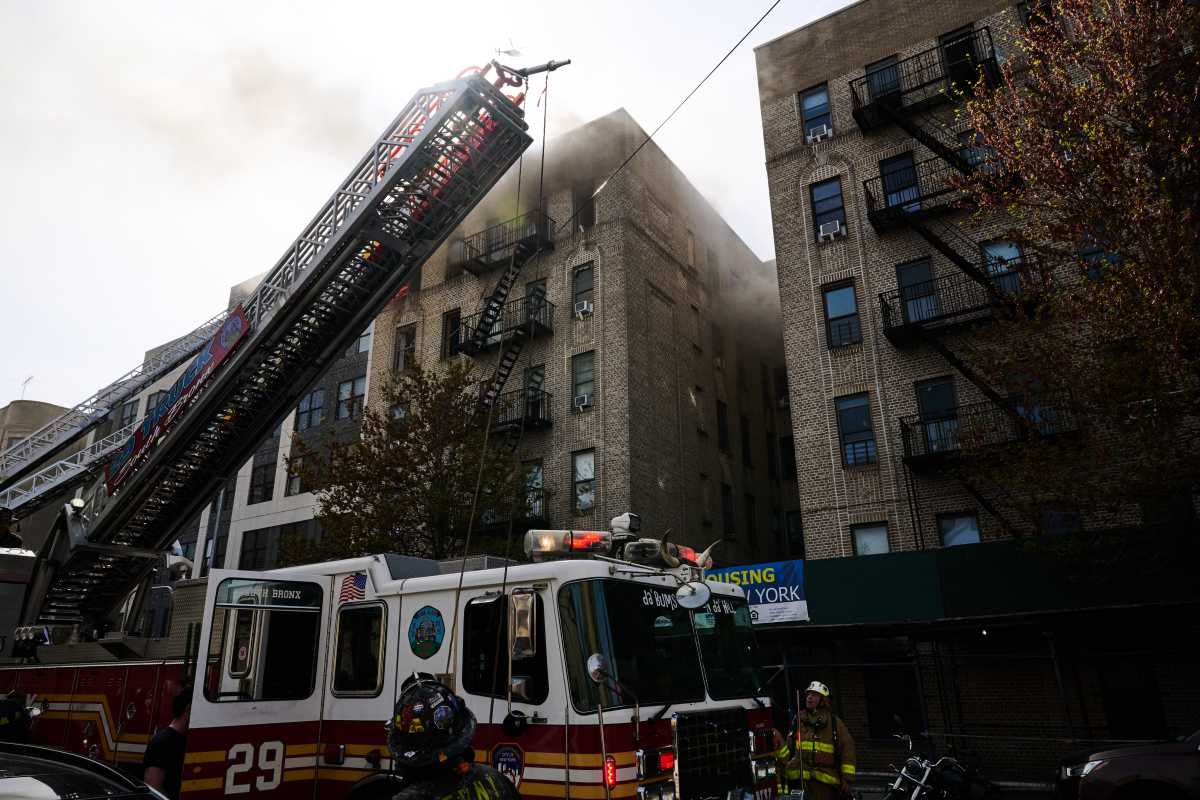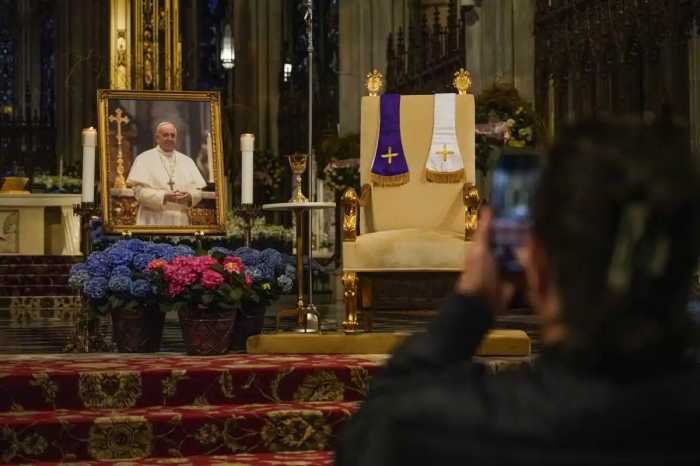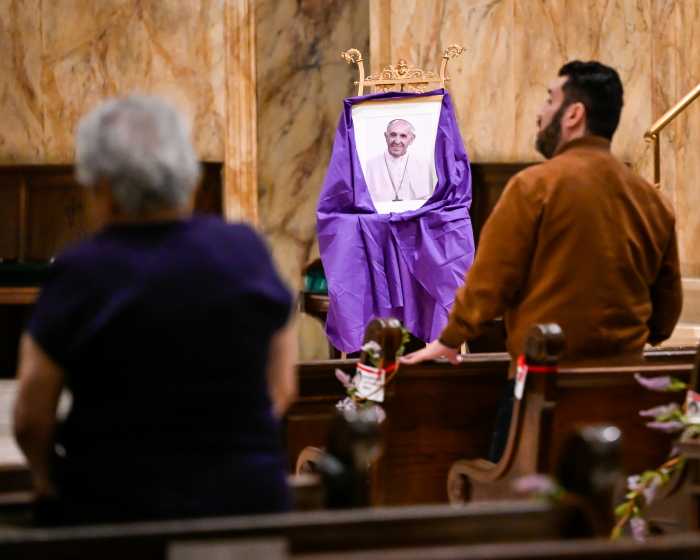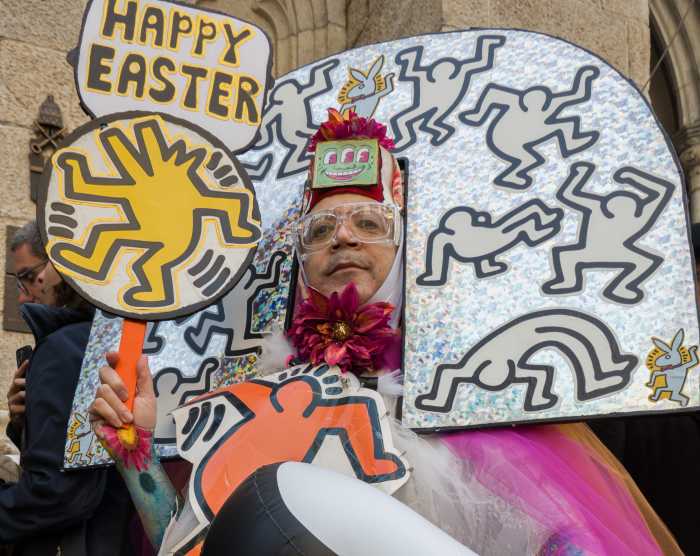
MTA chairman Joseph Lhota is calling for the Manhattan district attorney’s office to reverse course on its new policy to end the criminal prosecution of fare evasion for subways and buses.
Cy Vance, the Manhattan DA, announced this summer that his office would cease criminally charging turnstile jumpers in Manhattan as part of a larger effort to decriminalize low-level, nonviolent offenses that, Vance believes, is creating an unnecessary backlog in city courts and adding to overcrowded jails.
But Lhota believes removing the threat of arrest for turnstile jumpers will result in an increase in fare evasion across the city, threatening the safety of the subway system and its workers while “burdening” riders who do pay the fare, according to a letter the chairman wrote to Vance dated Monday, Feb. 5, asking him to “reverse” his decision.
“It seems reasonable to expect your policy will increase fare-beating, not only in your jurisdiction, but elsewhere, emboldening fare-beaters in subways and buses across the city,” Lhota wrote. “While it may be true that some fare-beaters avoid paying out of economic desperation, it is also true that other fare-beaters, by virtue of both their turnstile jumping and their other unlawful behavior in the system, surely are doing nothing to encourage a safe, civil, law-abiding environment in our transit facilities.”
Under current law, the city’s police force has the discretion to issue civil summonses or arrests for those caught avoiding fares on MTA subways and buses. NYPD brass have recently said that arrests are only made for repeat offenders.
Vance responded to Lhota Monday night with a letter of his own, outlining the reasons for his office’s policy.
“Our policy does not alter, in practice or in effect, the NYPD’s enforcement of fare evasion, or ‘fare beating,’” Vance wrote. “Police officers may continue to enforce the law exactly as they always have.”
Advocates and some lawmakers have criticized the policing of the offense as predatory and one that unfairly targets low-income New Yorkers who can’t afford the decades-long biennial fare hikes. They had hailed Vance’s decision as precedent-setting.
“New York City can hold people accountable for fare evasion without running them through the criminal justice system, by issuing an MTA civil summons, similar to a parking ticket. I applaud DA Vance for implementing this smart policy,” said Queens Councilman Rory Lancman, who has introduced legislation that would require police to report more data on fare evasion arrests, in a recent statement.
A report from the Community Service Society published this fall found that policing of turnstile jumping in Brooklyn disproportionately targeted poor African-Americans. The NYPD arrested 4,054 turnstile jumpers across Brooklyn’s 157 subway stations in 2016, according to the report. Sixty-six percent of those arrested were black and 87 percent were men.
“As Mr. Lhota knows, people who board commuter rails like the LIRR without paying the fare are generally asked to pay a modest penalty fee. If they cannot pay, they are asked to sign a promise-to-pay form,” Jared Chausow, a senior policy specialist at Brooklyn Defenders Services, said in an email. “However, in the City’s subway, young teenagers who leave their student MetroCards at home and older adults who cannot afford the fare alike are regularly arrested, shackled, detained overnight in a filthy holding cell and, if the local prosecutor chooses to pursue charges, arraigned in criminal court where they face the prospect of a permanent criminal record and worse.”
Though police officials have said they only issue arrests of “transit recidivists”: someone who has a prior felony or misdemeanor arrest in the transit system within the past two years; any prior sex-crime arrest in the system; three or more summonses in the system in the past two years; or is on probation or parole.
Lhota said the MTA was not consulted on the policy and offered to meet with Vance to discuss it further.
While opponents consider fare-evasion policing a relic of failed broken windows policing, Lhota believes it yields results. He references in his letter an incident last week, when a police officer had apprehended a fare beater in Manhattan who had fled onto subway tracks and found the man to be wanted for attempted murder in Virginia.
“Allowing ever more widespread fare-beating by adopting and touting a policy of non-prosecution in most cases unquestionably sends a loud and clear signal to those who would flout the law,” said Lhota.



